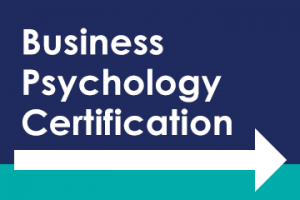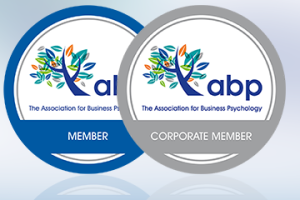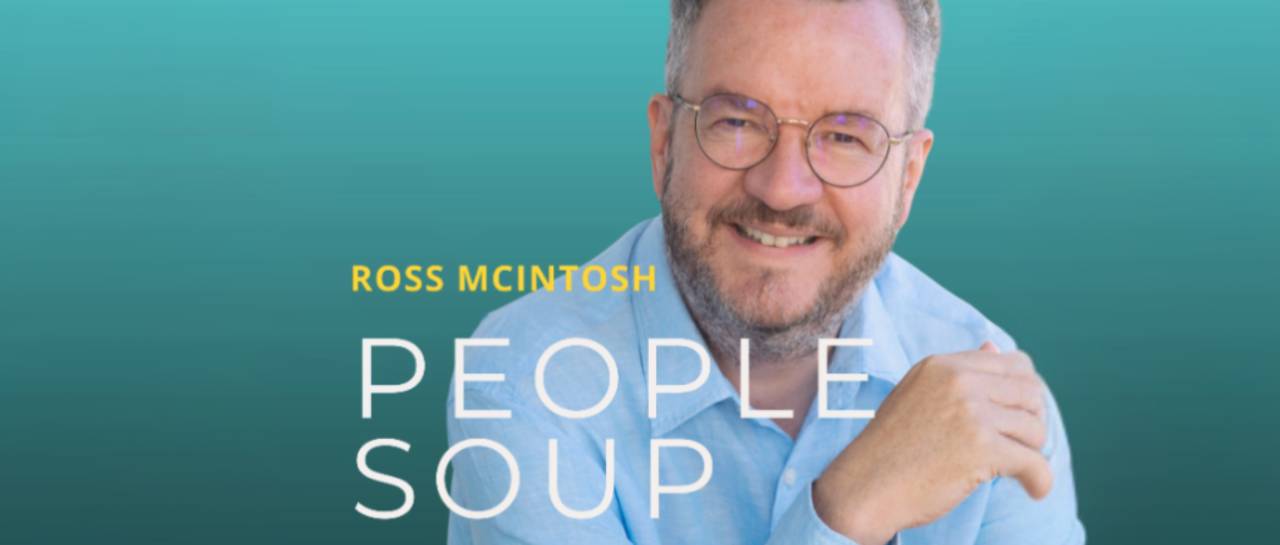About The ABP
Our mission is to be widely recognised as promoting professional excellence and a community of practice in business psychology, advocating and developing the informed application of its research, bodies of knowledge and methodologies by all those involved in improving business performance and the quality of working lives.
Certification
The ABP Business Psychology Certification provides a route for ABP members to achieve ‘Business Psychologist’ status
Latest News
Acceptance and Commitment Therapy (ACT) for Authentic Leadership
Article based on webinar delivered in February 2024 – ‘How behavioural science can support the cultivation of authentic leadership.’ Author:…
Leading the way: helping others to navigate the seas of change
Article based on webinar delivered in February 2024. Author: Charlotte Housden (Sheridan), Business Psychologist and Chartered Coaching Psychologist. …
Episode 39: Women Leaders in Online Learning – Alex Forsythe in discussion with Vicky Irwin, Kate Lindsay and Jo-Anne Murray
In this special edition ABP podcast to mark International Women’s Day 2024, we hear from four distinguished female leaders who…






